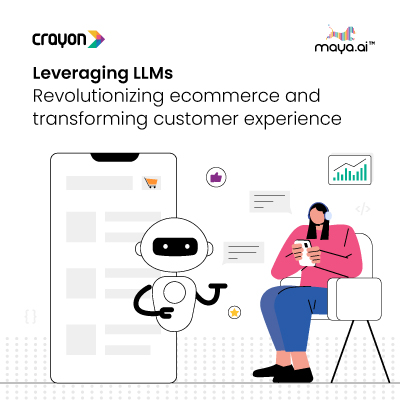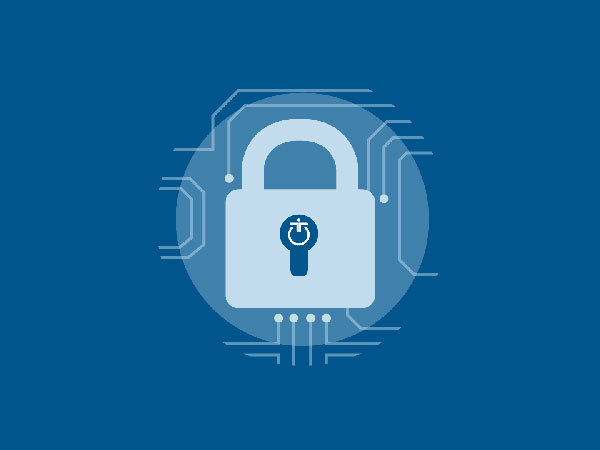There was a great passage in Alexis Madrigal’s recent interview with Gibu Thomas, who runs innovation at Walmart:
“Our philosophy is pretty simple: When we use data, be transparent to the customers so that they can know what’s going on. There’s a clear opt-out mechanism. And, more important, the value equation has to be there. If we save them money or remind them of something they might need, no one says, “Wait, how did you get that data?” or “Why are you using that data?” They say, “Thank you!” I think we all know where the creep factor comes in, intuitively. Do unto others as you want to be done to you, right?”
This notion of “the creep factor” seems fairly central as we think about the future of privacy regulation. When companies use our data for our benefit, we know it and we are grateful for it. We happily give up our location data to Google so they can give us directions, or to Yelp or Foursquare so they can help us find the best place to eat nearby. We don’t even mind when they keep that data if it helps them make better recommendations in future. Sure, Google, I’d love it if you can do a better job predicting how long it will take me to get to work at rush hour! And yes, I don’t mind that you are using my search and browsing habits to give me better search results. In fact, I’d complain if someone took away that data and I suddenly found that my search results just weren’t as good as they used to be!




















